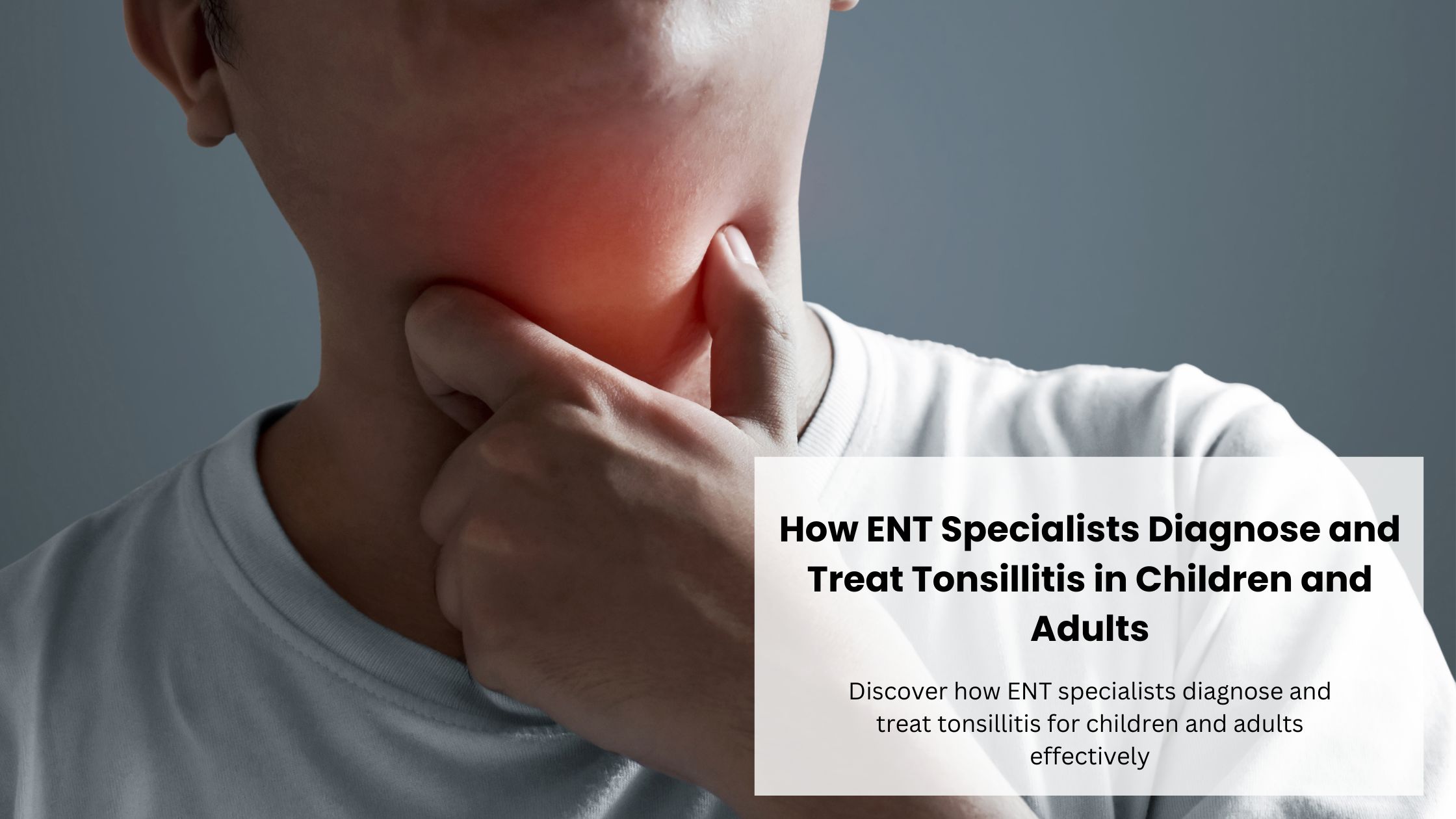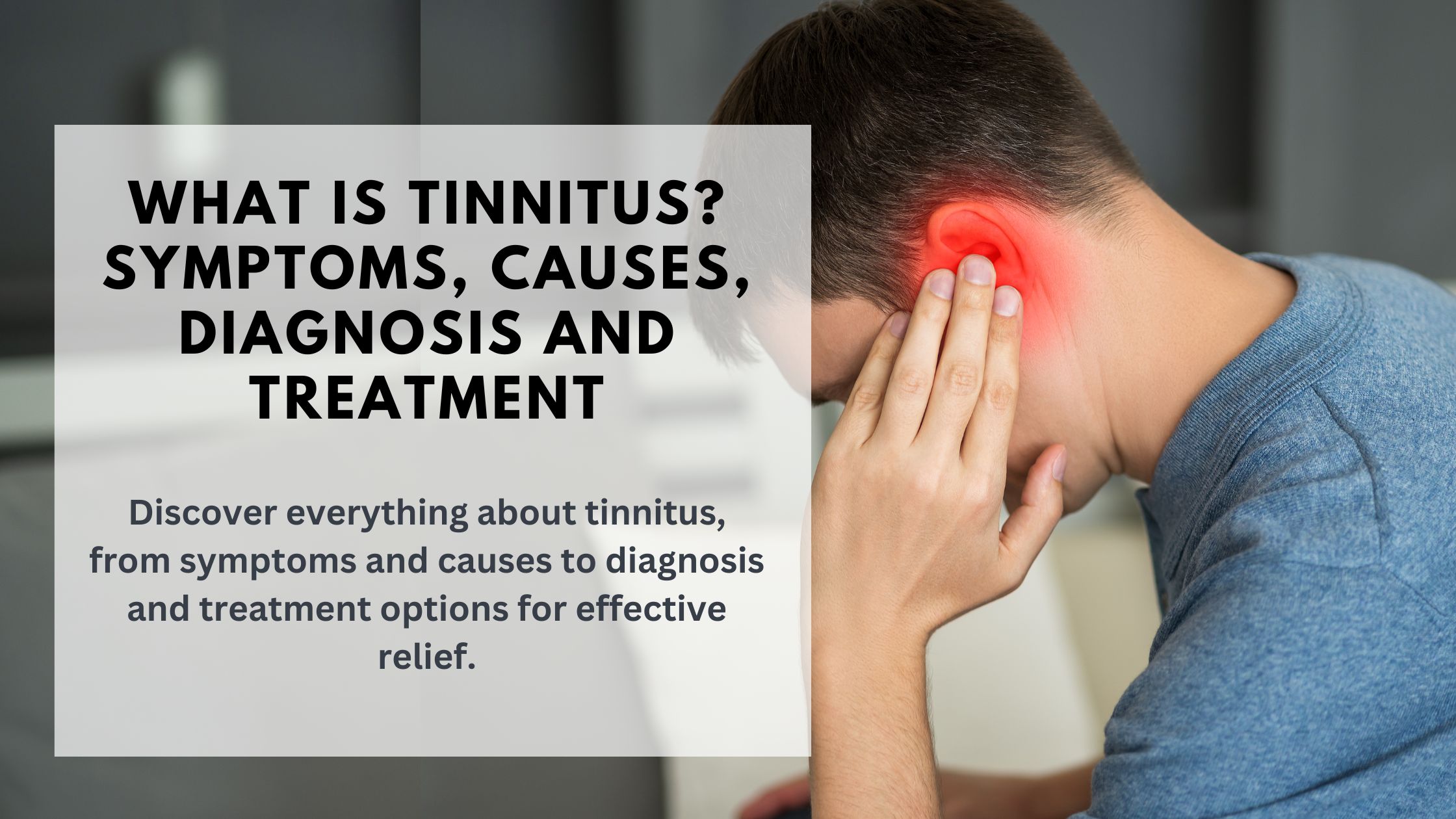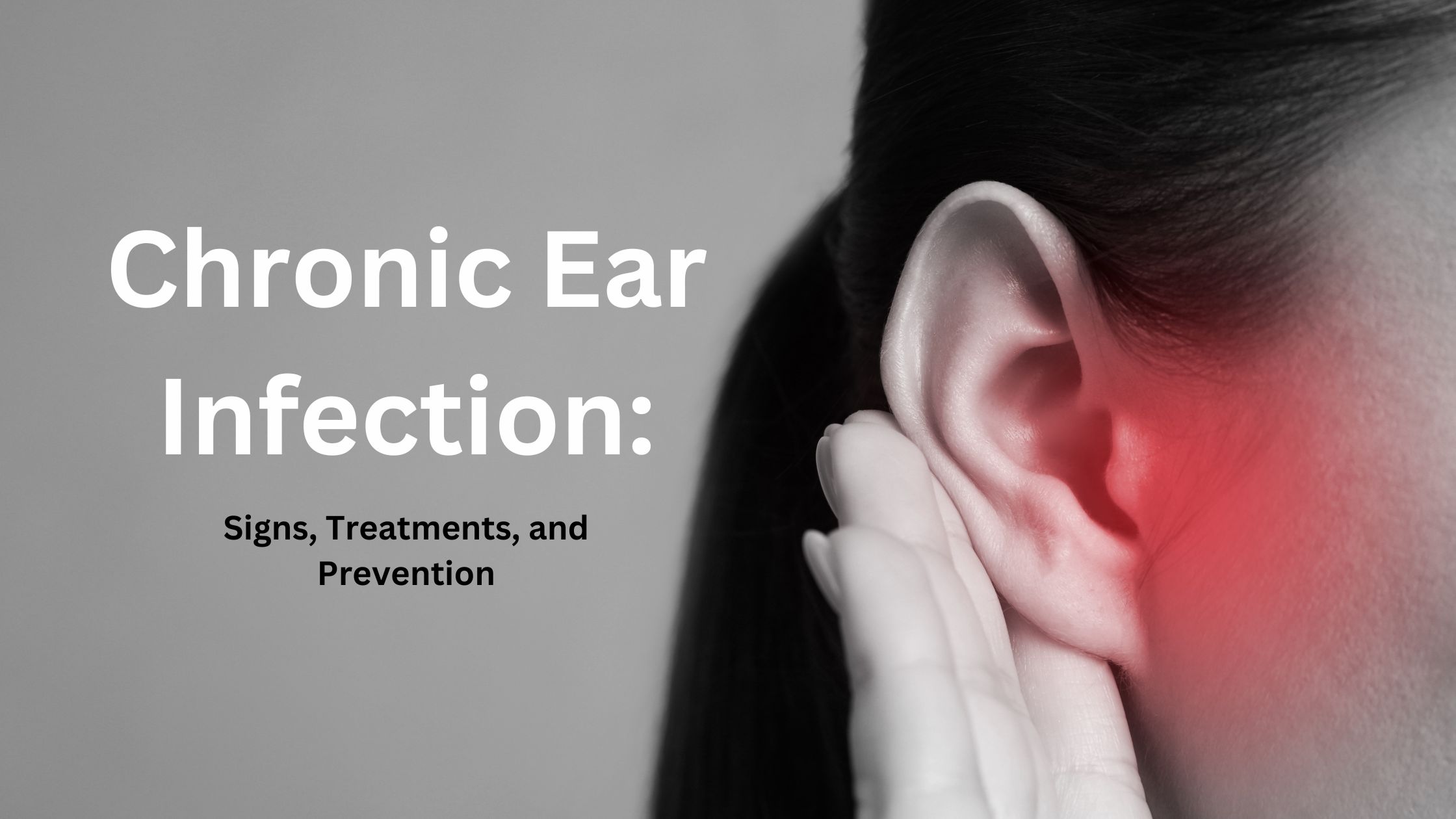Sleep Apnea is one of the most common and serious sleep disorders. It’s characterized by repeated pauses in breathing while sleeping. These pauses can range from seconds to minutes and can happen multiple times in an hour. There are three main forms of sleep apnoea: Obstructive, Central, and Complex. The most common form is Obstructive Sleep Apnea. When the muscles in your throat relax too much, you may experience sleep apnea. It’s important to understand and treat sleep apnea because it can cause serious health problems such as cardiovascular disease, daytime tiredness, and quality of life issues.
ENT specialists play an important role in the diagnosis and treatment of sleep apnea. They provide non-invasive and surgical options to help patients get better sleep and improve their overall health.
Understanding Sleep Apnea
- Sleep apnea, a sleep disorder marked by recurrent breathing pauses during sleep, can manifest in three primary forms: obstructive sleep apnea (OSA), central sleep apnea (CSA), and mixed sleep apnea. The most prevalent type, OSA, arises when the airway becomes obstructed or constricted due to the relaxation of throat muscles. In contrast, CSA stems from the brain’s failure to transmit appropriate signals to the respiratory muscles. Mixed sleep apnea combines elements of both obstructive and central sleep apnea.
- Numerous factors can heighten the risk of developing sleep apnea, including obesity, advanced age, gender (with a higher prevalence in men), anatomical characteristics such as an enlarged tongue or narrow airway, and certain medical conditions like cardiovascular disease, stroke, or neurological disorders. Comprehending the various types and underlying causes is pivotal for accurate diagnosis and tailored treatment strategies administered by an ENT specialist.

Diagnosis of Sleep Apnea
- Sleep apnea diagnosis is a multi-step process that an ENT specialist oversees. The evaluation usually begins with a comprehensive medical history and physical examination to evaluate symptoms like snoring, daytime tiredness, and witnessed episodes of sleep apnea. Once a diagnosis is made, an ENT specialist may recommend specific tests to confirm it and determine the extent of the condition. Common diagnostic procedures include sleep study (polysomnography), which measures brain activity, heart rate during sleep, breathing patterns, and oxygen levels.
- Home sleep apnea testing uses portable devices to monitor breathing and oxygen levels from the comfort of your home. Physical examinations performed by an ENT specialist may include examining your airway, throat, and nasal passages for obstructions or other anatomical abnormalities that contribute to sleep apnea.
Treatment Options Offered by ENT Specialists
A. Non-surgical treatments
- For individuals suffering from sleep apnea, ENT specialists offer a variety of non-surgical treatment modalities. Continuous Positive Airway Pressure (CPAP) therapy, a widely employed non-invasive approach, involves wearing a mask connected to a machine that delivers a steady stream of air, effectively maintaining an open airway during sleep. Oral appliances, custom-designed mouthpieces that reposition the jaw and tongue, serve as another effective non-surgical solution to prevent airway obstruction while sleeping.
- Moreover, for patients with obesity, ENT specialists may recommend lifestyle modifications and weight management strategies, as weight loss can substantially alleviate or potentially resolve sleep apnea symptoms. These non-surgical options aim to address the underlying causes of sleep apnea without the need for surgical intervention, providing patients with a range of tailored choices that align with their specific needs and preferences.
B. Surgical treatments
- When a non-surgical treatment doesn’t work or isn’t suitable for sleep apnea, an ENT specialist may suggest surgical interventions. One of the most common surgical treatments for sleep apnea is Uvulopalatopharyngoplasty (UPPP). This procedure involves removing excess tissue in the soft palate, the uvula, and the tonsils to open up the airways. Septoplasty (or turbinate reduction) is a surgical procedure that corrects obstructions in the nose by straightening the nose septum.
- It also reduces the size of the nasal turbinates. In cases of severe sleep apnea, Maxillomandibular Advancement (MMA) may be performed to move the upper and lower jaw forward to open up more airways. These surgical procedures aim to remove or move anatomical obstructions that contribute to sleep apnea and provide a more durable solution for patients who don’t respond to nonsurgical approaches.
Also read – Alarming Impact of Snoring on Your Health and Well-Being
Conclusion
In conclusion, Sleep apnea can be a life-threatening condition if not treated. An expert in the field of Ear Nose and Throat (ENT) can diagnose and provide comprehensive treatment options for sleep apnea. Non-surgical treatments such as CPAP (Continuous Positive Airway Pressure) and oral appliances can be used to treat sleep apnea. Surgery can also be used for sleep apnea and can include UPPP (Uncontrolled Postpartum Pain), septoplasties, Maxillomandibular Advancement, and more. If you or someone close to you is experiencing sleep apnea symptoms, it is important to seek professional attention from an expert in the field. If you are looking for a qualified and experienced ENT specialist based in Udaipur, then don’t hesitate to consult Dr. Sushant Joshi.
Follow us on Facebook: @entforall
















